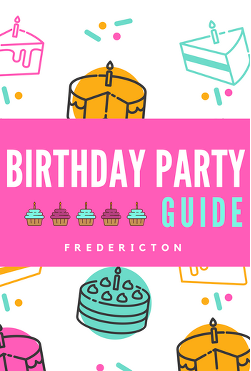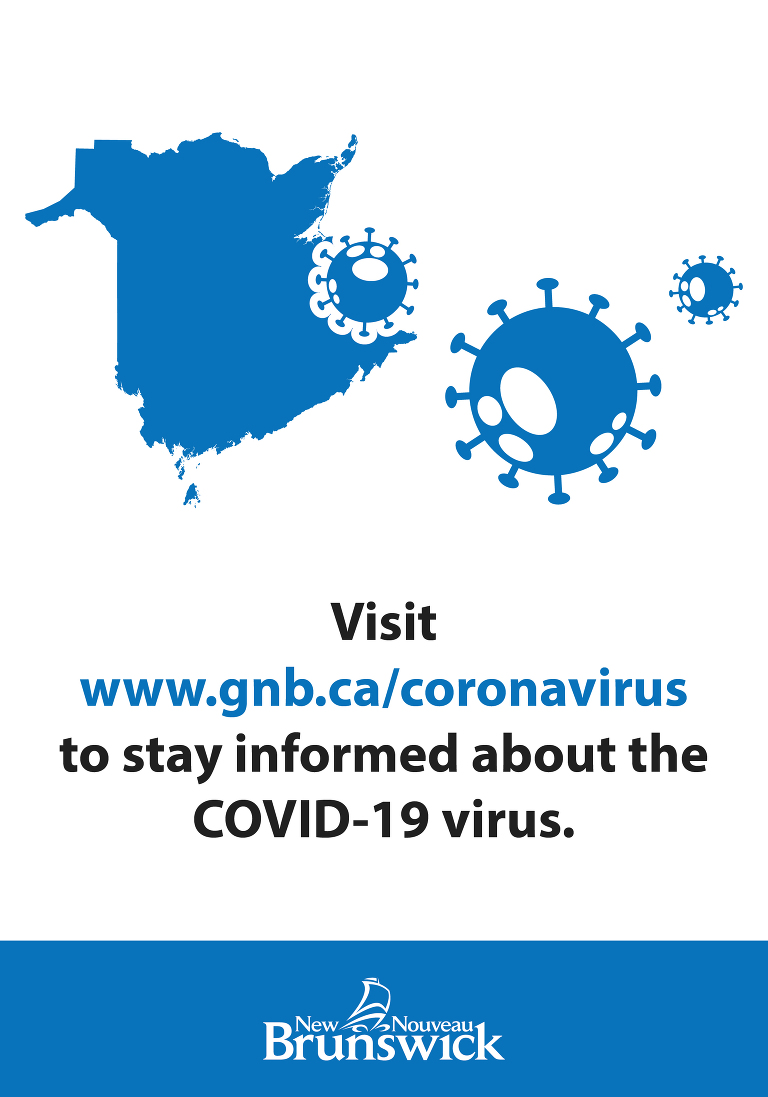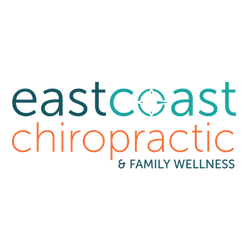As a pediatrician, I see children from birth to 18 years old. I am learning a whole new practical component to the management of my youngest patients as I raise my own kids who are now 1 and 2 ½ years old. Although I sometimes feel like a fraud giving advice for older kids, I remind myself that I studied for many many years to provide educated care for the whole pediatric population. Regardless, I still gather practical advice from many of my patients’ parents as they navigate through this parenting vortex. So this article is going outside of my comfort zone as I focus on school aged kids and their sleep habits. I will leave the preschool sleep training to The Sleep Boss – check out her latest posts by visiting HERE!
As I reviewed the literature to optimize sleep for this age group, it was obvious that these suggestions apply to adults too. So let’s all practice what we preach and follow the following rules to gain the best and most sleep that we deserve for better health.
The National Sleep Foundation issued the following recommendations for appropriate sleep durations in 2015:
- Newborns (0-3 months): 14-17 hours
- Infants (4-11 months): 12-15 hours
- Toddlers (1-2 years): 11-14 hours
- Preschoolers (3-5): 10-13 hours
- School age children (6-13): 9-11 hours
- Teenagers (14-17): 8-10 hours
- Younger adults (18-25): 7-9 hours
Benefits of Sleep include:
- Better Health (prevention of diabetes, heart disease, obesity, etc)
- Stronger Immunity (to fight common colds & infections)
- Reduce pain, more rapid injury recovery
- Lower Risk of Injury
- Improves muscle coordination
- Improve mood and better emotional regulation
- Relaxes and lowers stress
- Better weight control (increased leptin levels, feeling full)
- Improved cognition, attention and decision making
- Better memory
Rules for Better Sleep
1. Put your devices to bed (in another room) at least an hour before bedtime.
- NO SCREENS at LEAST 1 HOUR before BED
2. Turn your alarm clock so it does not face your bed.
- That’s right, you don’t NEED your phone in your room for the alarm, they sell these little black boxes that show the time and wake you up in the morning 😉
- Time pressure may contribute to poor sleep. So, don’t watch your clock all night.
3. Establish regular bedtime and waking hours by going to bed at a relatively consistent time and getting up at about the same time to help synchronize your body clock
- Although teenagers like to “catch up” on sleep on the weekends, they should not be allowed to sleep in past a couple hours of their normal wake time so as to prevent difficulties falling asleep on Sunday night before school
4. Increase your exposure to outdoor bright light during the day (especially in the morning upon awakening), and avoid bright light exposure during the night before sleep (including laptops, computers, smart phones and other artificial bright lights).
- In general, early bright light sun exposure is helpful in synchronizing your body clock and helping to awaken you in the morning. The best source of bright light is sunlight. If you can’t get outdoors early in the morning, have your breakfast near a window, on your balcony, porch or patio.
- My Dad used to whip open the curtains in the morning when I was a kid….I thought it was so cruel…but now I can say “Thank You Dad!”
5. Your bed should be for sleeping only – No studying, video games, eating, talking on the phone etc
6. Make your bed and room as comfortable, quiet, cool and dark as possible
7. Create a bedtime routine that will prepare your body for sleep. If you do the same things every night before you go to sleep, you teach your body the signals that it’s time for bed. Try taking a bath or shower (this will leave you more time in the morning) or reading a book.
8. If you are a worrier, try jotting things down in a diary before bed so you’ll be less likely to stay awake stressing.
9. Prepare/pack for school/activities the night before bed – so you’ll have more time in the morning and you can reduce worry about what you’re going to wear or forget to do tomorrow
10. If you are having difficulty sleeping, engage in relaxing activities 20 to 30 minutes before sleep. Try gentle yoga, diaphragmatic breathing and progressive relaxation techniques or meditation.
11. Get enough regular exercise in the afternoon or early evening, but avoid it close to bedtime. The key may be the intensity. Intense exercise close to bedtime acts as a stimulant and may prevent you from getting a good night’s sleep.
12. Consuming caffeine close to bedtime can hurt your sleep, so avoid coffee, tea, soda/cola, and chocolate late in the day so you can get to sleep at night
- NO alcohol or Nicotine for you either kids
13. Avoid late and heavy meals within three hours of bedtime. The key is not to go to bed hungry or too full.
14. Avoid excess consumption of fluids within two hours of bedtime. This can help prevent frequent bathroom trips at night.
15. Avoid daytime naps
School aged kids are sponges and want to learn about their body and how to make it grow healthy, so share with them the tips from this article so they understand why you say the same thing every bedtime. Teenagers are transitioning and may no longer believe everything you say…so try sharing this article so they hear it from someone other than their parents and let them figure it out for themselves (with your guidance).
Sweet dreams!
Dr. Rachel Ouellette
Meet Dr. Rachel Ouellette | Paediatrician
.jpg) Dr. Rachel Ouellette was born and raised in Fredericton, NB. She grew up with 3 brothers and both her parents were social workers in town. She graduated from Ecole Sainte-Anne in 1998 and pursued Biochemistry at UNB, followed by Psychology at STU. She completed medical school at Memorial University of NL and then finished her Paediatric residency at Queen’s University. Dr. Ouellette then returned home to practice General Consulting Paediatrics in 2011. Rachel loves her community and enjoys connecting with other community service people who share her passion for helping kids; whether it is in schools, counselling services, etc.
Dr. Rachel Ouellette was born and raised in Fredericton, NB. She grew up with 3 brothers and both her parents were social workers in town. She graduated from Ecole Sainte-Anne in 1998 and pursued Biochemistry at UNB, followed by Psychology at STU. She completed medical school at Memorial University of NL and then finished her Paediatric residency at Queen’s University. Dr. Ouellette then returned home to practice General Consulting Paediatrics in 2011. Rachel loves her community and enjoys connecting with other community service people who share her passion for helping kids; whether it is in schools, counselling services, etc.
Rachel is a mother to two young boys. She admits she entered motherhood self-assured and naïve. She thought she knew babies and kids and had definitely worked in sleep deprived situations. Rachel was humbly shocked, realizing what a BIG, difficult and confusing job being a mom can be! She battled through painful breastfeeding, she found out what it was really like to experience prolonged sleep deprivation (you can’t turn off the pager at the end of your shift). She even had to sit on the “other side” in a few medical situations. Motherhood has definitely affected how she practices medicine since she’s returned from maternity leave. There is a “Mama” (& “Papa”) instinct that isn’t taught in medical school. It cannot be studied in textbooks or reviewed in parenting books. As a parent, you know your child best, and you understand your child’s cues. Health care professionals need to really listen to the parent & child to reach the right diagnosis and initiate the right treatments.
Dr. Ouellette realizes there is so much information available to eager parents. Dr. Google can be helpful sometimes, but it mostly just causes worry and is filled with inaccurate information. It can be confusing and difficult to make parenting choices when, not only do you have so much information online, but there is typically (often unsolicited) advice and suggestions from friends, family, other moms and random people in grocery store line ups. Dr. Ouellette is not providing any new advice; she is summarizing and sharing information from legitimate medical sources that are usually supported by scientific research. This information is always advancing; even advice written this year, may not apply next year if new studies reveal new information. Dr. Ouellette hopes she can provide up to date, brief, succinct answers to common Paediatric or parenting questions. She is open to topics, so please share your requests with the Mom Talk Blog editors.
Disclaimer– The content provided in the Mom Talk Blog’s “Advice From a Pro” series is for information purposes only and is neither intended to be relied upon nor to be a substitute for professional medical advice, diagnosis or treatment. Never disregard professional medical advice or delay in seeking it because of something you have read on this Website. The information is intended for residents of Canada.
.png)
.png)



















